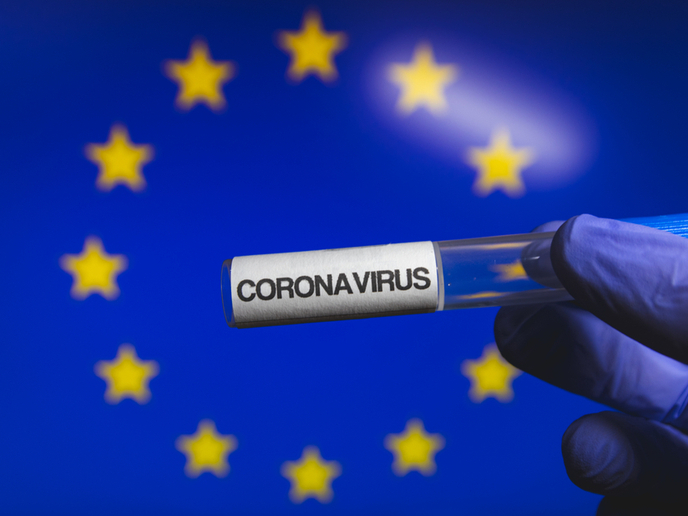Innovation and reorientation key to tackling COVID-19, the EU’s innovation body says
With the unprecedented impact of the coronavirus health crisis still unfolding, Europe needs innovation more than ever. This was the key message of the EIT, which organised a digital press briefing(opens in new window) on 30 April that focused on health innovation during the COVID-19 pandemic. EIT Director Martin Kern said “the COVID-19 pandemic has brought unparalleled disruption to our societies, not only from a health perspective but also from an economic one.” He added: “This is really a truly global and historic event that we’re seeing right now and it forces all of us to reconsider and change the way we live and the way we work. So, going back to things as they were in December ’19 is really a very unlikely scenario. Therefore, the changes that are needed make innovation really the key to the solution of this current crisis.”
Partnerships for knowledge and innovation
Kern explained that the entire EIT community has been mobilised as part of Europe’s response. With over 1 500 partners, the EIT is Europe’s largest innovation community. It supports the creation of long-term partnerships between leading companies, research laboratories and higher education institutions. He highlighted certain activities of the EIT’s various Knowledge and Innovation Communities (KICs)(opens in new window), partnerships that join businesses, research centres and universities. EIT Health(opens in new window), one such community with over 140 partners from leading businesses, research centres and universities in 15 EU countries, is a key driver in supporting direct COVID-19-related solutions. “EIT Health immediately rose to this challenge and quickly generated innovative solutions to respond to the pandemic.” According to Kern, as an initial response to the crisis, the EIT requested an immediate risk assessment from all its KICs and information about how their activities could be affected. He said that on average, at least 30 % of projects will endure quite substantial changes and that “what we can do from the EIT side is to give flexibility to the KICs to reorient that funding” rather than stopping their implementation or delaying or postponing parts of the projects.
Innovating across the board
EIT Health CEO Jan-Philipp Beck referred to the 14 rapid response projects contributing to the fight against COVID-19. He explained how “it became rapidly clear to everyone that in the mid and long term the focus on pandemics, prevention and future management will be much more important than probably anybody would have thought just three months ago.” According to Beck, of the 14 initiatives, 2 specifically focus on personal protection equipment, making new mask designs and fabrics available and helping them to be produced locally, with potential for scalability. François Berger, Director of the French National Institute of Health and Medical Research’s research unit U1205 BrainTech Lab, talked about how their health innovation can help combat the coronavirus. Dr Berger will run one of the 14 projects supported by EIT Health. The project involves improving diagnosis and prognostic investigation in COVID-19 infection. Teresa Chavarría Giménez, Director General for Health and Training at Madrid’s Ministry of Health, emphasised the importance of solidarity in dealing with the coronavirus pandemic, adding that “solidarity means working together to help each other.” She also focused on how they made use of an EIT Health initiative, EIT Health: Make Connections(opens in new window). Giménez summarised the Spanish experience in fighting COVID-19 on the ground and pointed to the importance of innovation in reorganising the health system. As noted by Kern, the EIT initiated an early release of EUR 100 million of funding for innovators that have been affected by the coronavirus crisis. This release – almost 3 months in advance – will help provide entrepreneurs and innovators powered by the EIT community with liquidity, “which is absolutely [a] short term key for the survival of many of the ventures.” For more information, please see: EIT website(opens in new window)



